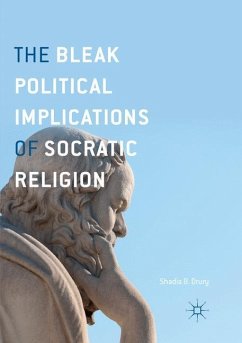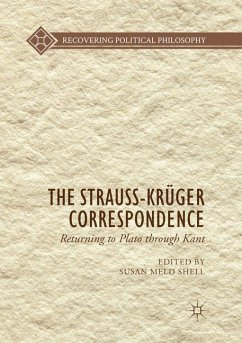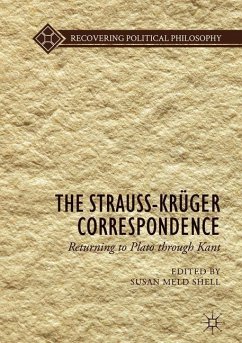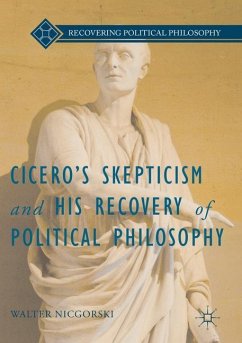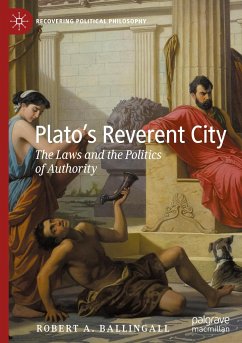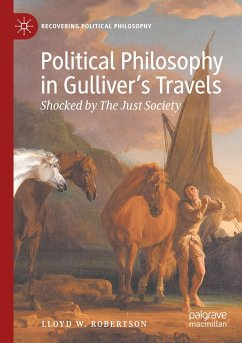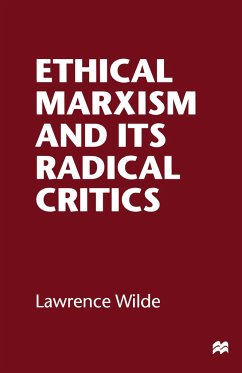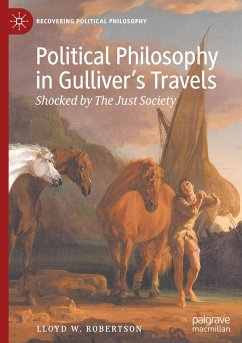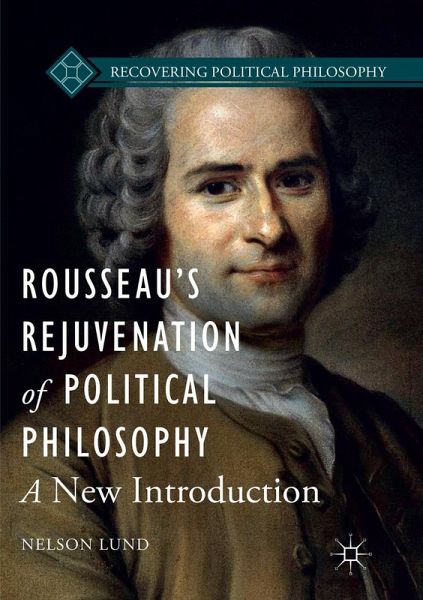
Rousseau's Rejuvenation of Political Philosophy
A New Introduction

PAYBACK Punkte
10 °P sammeln!
This book reads Jean-Jacques Rousseau with a view toward deepening our understanding of many political issues alive today, including the place of women in society, the viability of traditional family structures, the role of religion and religious freedom in nations that are becoming ever more secular, and the proper conduct of American constitutional government. Rousseau has been among the most influential modern philosophers, and among the most misunderstood. The first great philosophic critic of the Enlightenment, he sought to revive political philosophy as it was practiced by Plato, and to ...
This book reads Jean-Jacques Rousseau with a view toward deepening our understanding of many political issues alive today, including the place of women in society, the viability of traditional family structures, the role of religion and religious freedom in nations that are becoming ever more secular, and the proper conduct of American constitutional government. Rousseau has been among the most influential modern philosophers, and among the most misunderstood. The first great philosophic critic of the Enlightenment, he sought to revive political philosophy as it was practiced by Plato, and to make it useful in the modern world. His understanding of politics rests on deep and often prescient reflections about the nature of the human soul and the relationship between our animal origins and the achievements of civilization. This book demonstrates that the implications Rousseau drew from those reflections continue to deserve serious attention.





